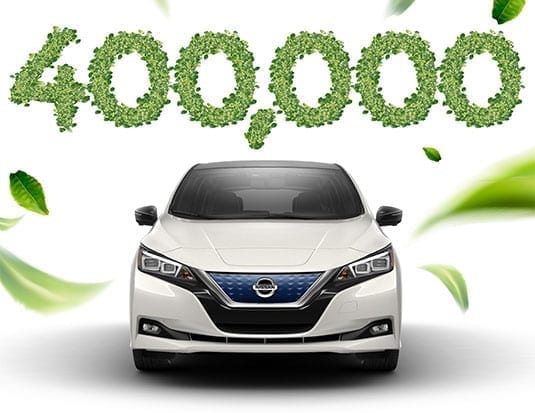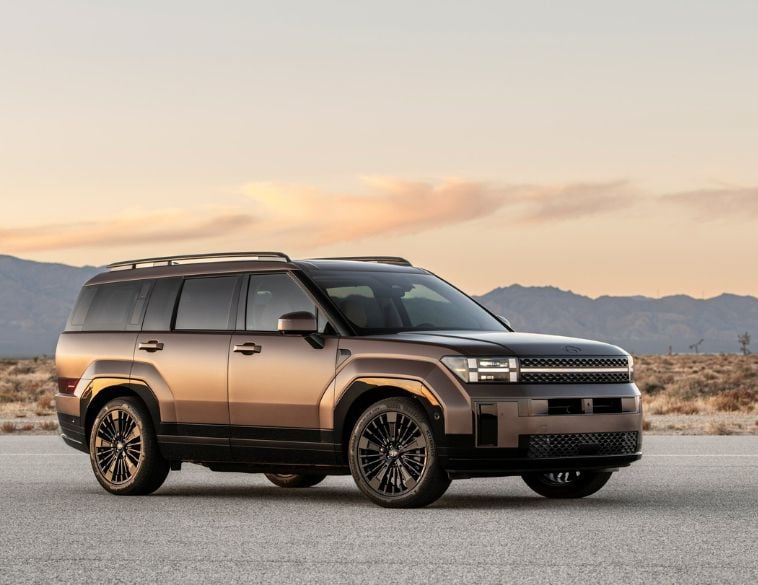The Nissan LEAF has become the first electric car in history to surpass 400,000 sales globally, solidifying its leading role in the shift towards sustainable mobility.
With the LEAF’s introduction in 2010, Nissan has been working towards a sustainable future by promoting vehicles with zero tailpipe emissions and working with the government, utility companies, and partnerships around the world to support the adoption of electric vehicles and easier charging capabilities.
“This milestone is a powerful statement that 400,000 customers, and counting, value the Nissan LEAF for the excitement, confidence, and connection it delivers,” said Executive Vice President Daniele Schillaci, Nissan’s global head of marketing, sales and electric vehicles. “The LEAF remains the icon of Nissan Intelligent Mobility, our strategy for moving more people to a better world.”
To this date, LEAF owners have driven over 10 billion kilometers, with the number of cars sold since 2010 saving almost 3.8 million barrels of oil a year.
The car has not only been the best-selling electric vehicle in Europe but has also done well in Norway. Currently, the LEAF is available in 50 markets globally, with the car going on sale in six new markets in Latin America and seven new markets in Asia and Oceania this year.
The New Leaf
The Nissan LEAF PLUS, with increased power and 226 miles of range, embodies the three pillars of Nissan Intelligent Mobility – Intelligent Power, Intelligent Drive, and Intelligent Integration – and advanced technologies like ProPILOT Assist.
It has been available in Japan since late January. The Nissan LEAF PLUS will now be available in Canadian markets this spring and European markets shortly after that.
Nissan Intelligent Integration
The company has also developed a second-life use of electric-car batteries, working with partnerships under its Nissan Energy initiative to store and share energy to
- power homes and businesses,
- balance power grids,
- off-grid street lighting, and
- power banks for sports complexes and more.
Nissan has already begun infrastructure pilots in Europe, Japan, and the U.S.



